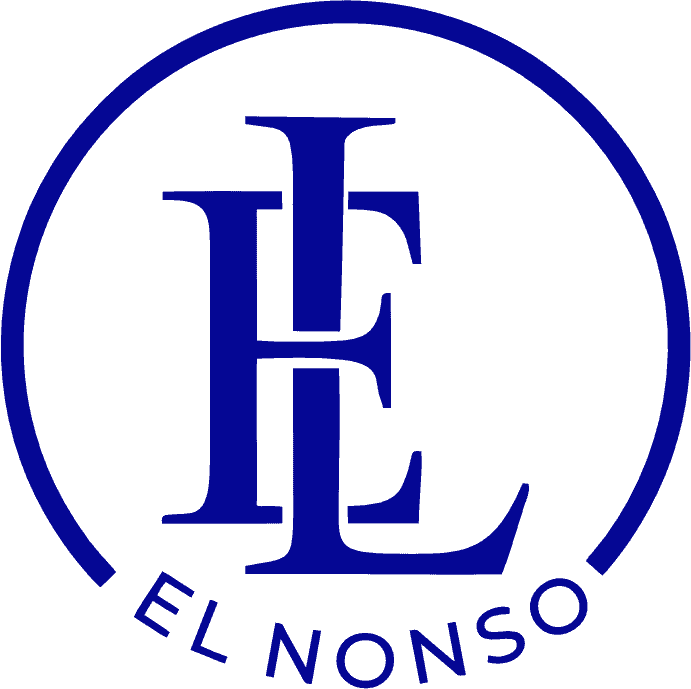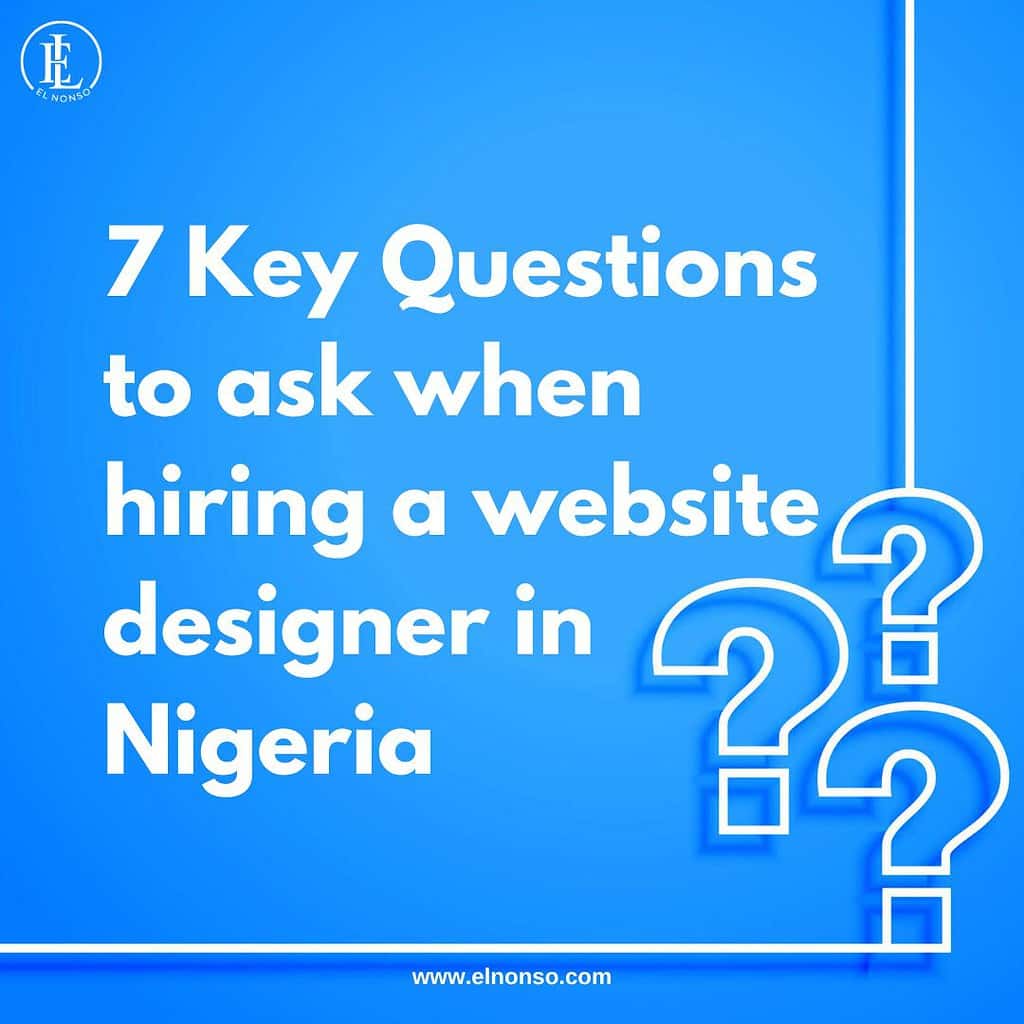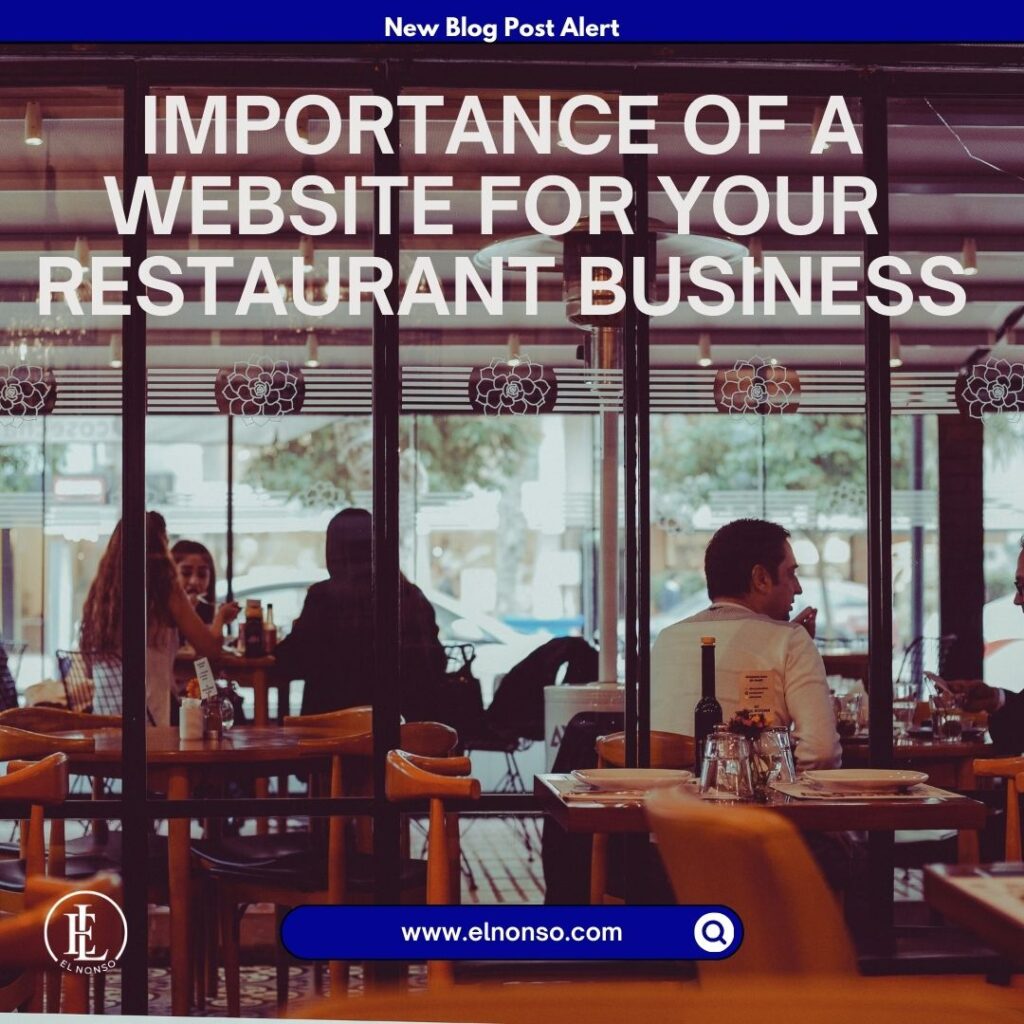Hello business owner and entrepreneur.
Do you know that hiring a website designer is a crucial decision that can significantly impact your online presence and business success? Whether revamping an existing website or starting from scratch, finding the right designer who can understand your vision and deliver a website that meets your goals is essential.
However, with numerous designers available and varying levels of expertise, it can be challenging to make the right choice. To ensure a successful collaboration and a website that exceeds your expectations, it is important to ask the right questions before hiring a website designer. In this article, we will explore seven (7)key questions that can help you evaluate and select the most suitable website designer for your project.
Seven Key Questions to Ask When Hiring a Website Designer in Nigeria
1. Understanding the Project Requirements
1.1 Defining the Scope and Objectives
Before hiring a website designer, it’s crucial to have a clear understanding of your project’s scope and objectives. Ask the designer how they approach defining project parameters and ensuring they align with your goals. This will help ensure that everyone is on the same page from the start and avoid any misunderstandings down the line.
1.2 Identifying Target Audience and User Experience Goals
To create a successful website, it’s important to know your target audience and prioritize their user experience. Ask the designer how they gather information about your target audience and how they plan to incorporate their needs into the design. A good designer should be able to explain their process for creating a site that is user-friendly and engaging.
1.3 Outlining Content and Functionality Requirements
Your website’s content and functionality are essential components of its success. Ask the designer how they approach content strategy and organization. Additionally, discuss your desired functionality requirements, such as e-commerce capabilities or integration with other systems. A skilled designer can help you optimize your content and ensure that the website functions seamlessly.
2. Evaluating the Designer’s Portfolio and Experience
2.1 Reviewing Previous Website Designs and Projects
Take the time to review the designer’s portfolio and examine their previous website designs and projects. Look for examples that resonate with your style and industry. A designer’s portfolio can provide insight into their creativity, attention to detail, and overall design aesthetic. You can check some of my previous works here.
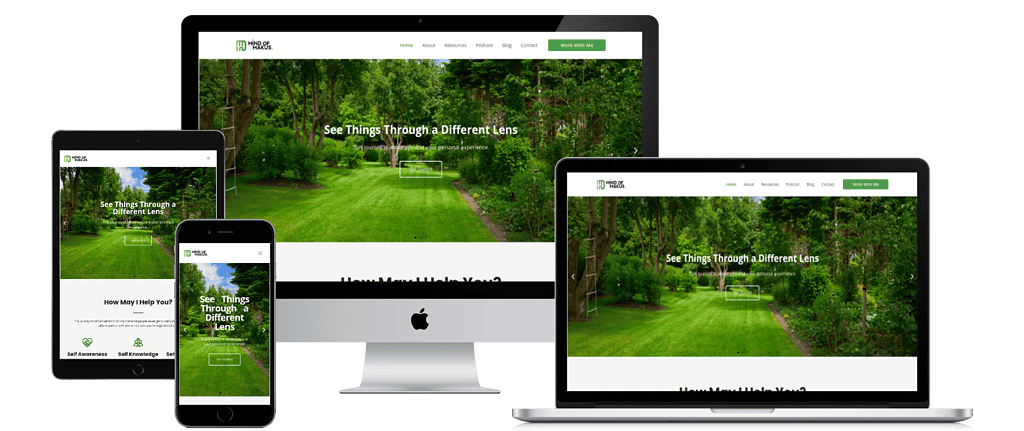
2.2 Assessing Industry and Niche Expertise
Ask the designer about their experience working in your specific industry or niche. While a designer may be talented, having knowledge and understanding of your industry can make a significant difference in the success of your website. They should be able to demonstrate their expertise and understanding of industry trends and best practices.
2.3 Examining Client Testimonials and Case Studies
Client testimonials and case studies can give you valuable insights into the designer’s working style and client satisfaction. Ask for references or check their website for testimonials from previous clients. Additionally, inquire about any notable projects or challenges they have faced and how they have handled them. This will give you a better understanding of their capabilities and problem-solving skills. see some more reviews here.
3. Determining the Design Process and Collaboration
3.1 Discussing Communication Channels and Availability
Effective communication is key to a successful collaboration. Ask the designer about their preferred communication channels and how they ensure timely and efficient communication throughout the project. It’s essential to be aligned in terms of availability and responsiveness to avoid any delays or miscommunications.
3.2 Exploring Design Iteration and Feedback Process
Understanding the design iteration and feedback process is crucial to ensure that you have a say in the final outcome of your website. Ask the designer how they handle feedback and revisions. Are they open to your suggestions, and how do they incorporate them into the design? A designer who values collaboration and iteration will ensure that you are satisfied with the final product.
3.3 Defining Roles and Responsibilities
Clarifying roles and responsibilities upfront can prevent misunderstandings and ensure a smooth workflow. Discuss how the designer plans to collaborate with you and any other stakeholders involved in the project. Clarify who will be responsible for content creation, maintenance, and updates after the website’s launch. This will help establish clear expectations and avoid any potential conflicts.
4. Assessing the Designer’s Technical Expertise
4.1 Inquiring About Proficiency in Web Design Tools and Technologies
Web design tools and technologies are constantly evolving. Talk to the designer about their proficiency in the latest design tools and technologies such as WordPress, Wix, Shopify, Canva and relevant tools and languages. Their familiarity with these tools will be essential in creating a modern and functional website.
4.2 Verifying Knowledge of Responsive Design and Mobile Optimization
With the increasing use of mobile devices, responsive design and mobile optimization are no longer optional. Ask the designer about their approach to responsive design and how they ensure optimal performance across various devices and screen sizes. A skilled designer will prioritize creating a seamless user experience across all platforms.
4.3 Checking Understanding of SEO Best Practices
Search Engine Optimization (SEO) is crucial for driving organic traffic to your website. Inquire about the designer’s understanding of SEO best practices and how they incorporate them into their designs. A knowledgeable designer will consider factors such as site structure, page loading speed, and mobile-friendliness to optimize your website’s visibility in search engine results.
Remember, hiring a website designer is an important decision that can significantly impact your online presence. By asking these key questions, you can ensure you find a designer who not only meets your technical requirements but also understands your vision and can bring it to life with their expertise and creativity.
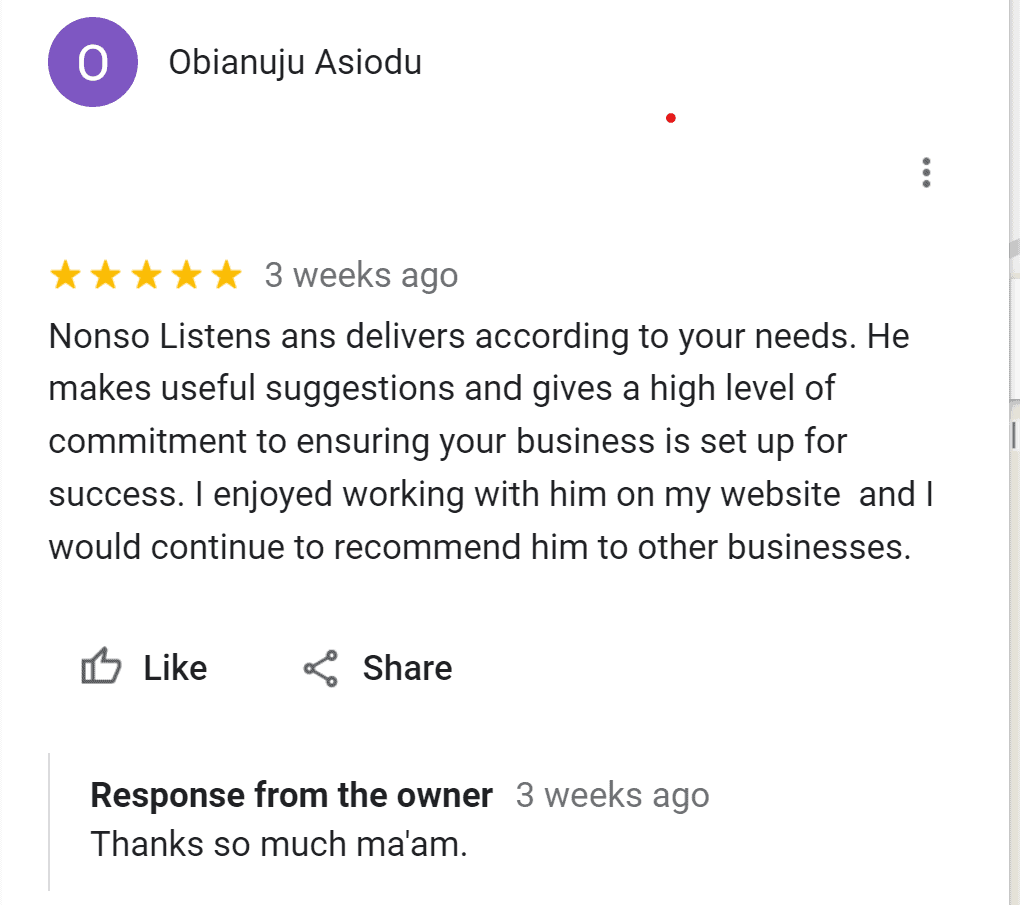
5. Clarifying the Timeline and Project Deliverables
When embarking on a website design project, it’s essential to establish a clear timeline and define what exactly will be delivered at each stage. This ensures that both you and the website designer are on the same page and have realistic expectations.
5.1 Establishing Project Milestones and Deadlines
Ask the designer about the key milestones they anticipate throughout the project and any specific deadlines they have in mind. This will help you understand the overall timeline and gauge whether it aligns with your expectations. Don’t forget to factor in time for feedback and revisions, as these are crucial for achieving your desired outcome.
5.2 Discussing Expected Deliverables and File Formats
Find out what deliverables you can expect from the designer, whether it’s the design files, coding files, or a fully functional website. Also, ask about their file formats to ensure compatibility with your systems or future modifications. Being clear about the output will prevent any surprises or disappointments down the line.
5.3 Addressing Potential Delays or Changes in Scope
No matter how well-planned a project is, unexpected hiccups can occur. It’s important to discuss how the designer handles potential delays or changes in scope. Will there be extra charges for changes? Are there established protocols for addressing delays, such as communication channels and alternative deadlines? Having these conversations upfront will save you from unnecessary stress and frustration later on.
6. Discussing Pricing and Payment Terms
Ah, money. It’s always a critical topic to address when hiring a website designer. Here’s how to navigate the pricing and payment terms to ensure a harmonious collaboration.
6.1 Exploring Different Pricing Models (Hourly, Fixed, etc.)
Ask the designer about their pricing models to understand how they charge for their services. Some designers may work on an hourly basis, while others may offer a fixed rate for the entire project. It’s important to know what you’re getting into and choose the option that suits your budget and preferences.
6.2 Inquiring About Additional Costs (Hosting, Domain, etc.)
Make sure to inquire about any additional costs that may arise during the website design process. This could include expenses such as hosting, domain registration, or purchase of stock images. By getting a clear picture of these potential costs upfront, you can budget accordingly and avoid any unexpected financial surprises.
6.3 Negotiating Payment Terms and Schedule
Discuss the payment terms and schedule with the designer to ensure it fits your financial situation. Will you be required to pay a deposit before the project starts? Are there any milestones where payments need to be made? Clarifying these details will help both parties manage expectations and avoid any payment-related disputes.
7. Ensuring Ongoing Support and Maintenance
Launching a website is just the beginning. To ensure a smooth and successful online presence, it’s important to discuss ongoing support and maintenance with the website designer.
7.1 Discussing Post-launch Support and Bug Fixes
Ask the designer about their post-launch support and bug-fixing services. Are they available to assist you if issues arise after the website goes live? Knowing that you have reliable support can provide peace of mind and help troubleshoot any technical glitches that may occur.
7.2 Inquiring About Available Website Maintenance Plans
Find out if the designer offers any website maintenance plans. These plans can include services like regular backups, security updates, and content updates. Having a maintenance plan in place can save you time and effort in managing these tasks yourself, allowing you to focus on other important aspects of your business.
7.3 Clarifying Ownership and Access to Website Files
Make sure to clarify who will own the website files and if you will have full access to them. It’s important to have ownership over your website and be able to make changes or switch website designers in the future, if needed. Understanding the terms of ownership will prevent any potential complications down the line.
8. Reviewing Testimonials and Closing:
By asking these key questions before hiring a website designer, you can ensure a smooth and successful website development process. Remember, finding the right designer who understands your requirements, possesses the necessary technical expertise, and aligns with your vision is crucial for achieving your online goals. Take the time to evaluate potential designers thoroughly, reviewing their portfolios, discussing their process and pricing, and seeking references from past clients. By doing so, you can make an informed decision and set yourself up for a successful partnership that will result in a visually appealing, functional, and impactful website for your business.
Frequently Asked Questions (FAQ)
1. What should I look for in a website designer’s portfolio?
A website designer’s portfolio is a valuable resource for evaluating their skills and expertise. Look for a portfolio that showcases a diverse range of websites, demonstrating their ability to create visually appealing and functional designs. Pay attention to the user experience and navigation of the websites in their portfolio, ensuring they align with your expectations. Additionally, consider the industries and niches they have worked in to ensure they have relevant experience in your field.
2. How important is communication with the website designer during the project?
Effective communication with your website designer is crucial for a successful project. It ensures that both parties are on the same page regarding the project requirements, timelines, and expectations. Clear and consistent communication allows you to provide feedback and address any concerns promptly. Discuss communication channels, availability, and preferred methods of collaboration with the designer to establish a strong working relationship.
3. What are the factors that can affect the timeline and cost of website design?
Several factors can influence the timeline and cost of website design. The complexity of the project, including the number of pages, functionality requirements, and custom design elements, can impact the development timeline. Additionally, the responsiveness of both parties during the design process and the availability of content and assets from the client’s end can affect the project’s duration. It’s important to have a clear understanding of these factors and discuss them with the website designer to establish realistic timelines and cost estimates.
4. Do website designers typically offer ongoing support and maintenance services?
Many website designers offer ongoing support and maintenance services after the completion of the project. These services can include regular updates, bug fixes, and technical support to ensure your website functions smoothly. It’s important to discuss post-launch support options and any associated costs with the website designer before finalizing the project agreement. This will help ensure that you have access to the necessary support and maintenance services to keep your website up-to-date and secure.
For your next website project, either your business website or your e-commerce website using WordPress or Shopify, contact me for excellent design service. I also offer SEO services to help you rank locally and also pull in organic traffic.
